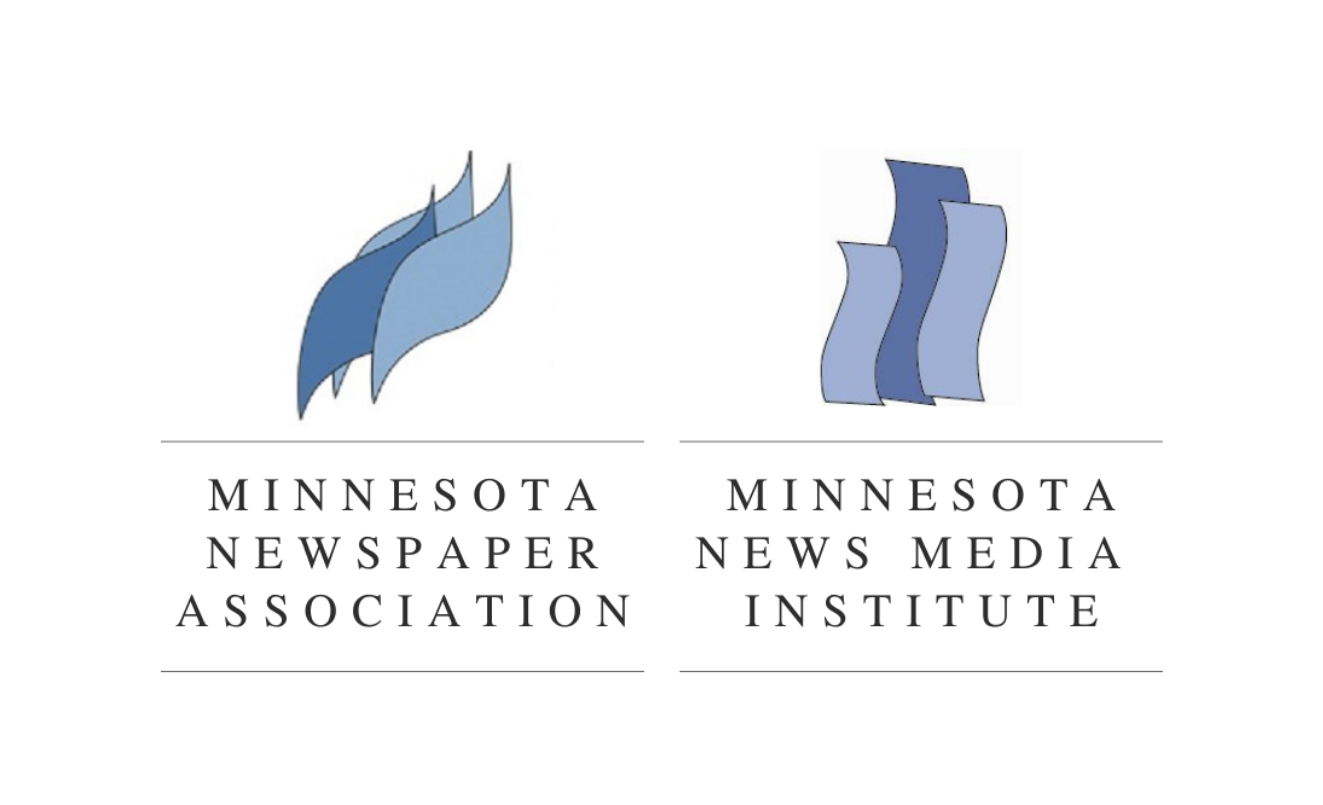By John Foust
Raleigh, NC
 Randall oversees the advertising department of a mid-size newspaper. “Implication is one of the most important concepts in selling,” he told me. “It’s covered in a lot of sales seminars and books, but I’m surprised that so many sales people don’t realize how it can drive marketing decisions.”
Randall oversees the advertising department of a mid-size newspaper. “Implication is one of the most important concepts in selling,” he told me. “It’s covered in a lot of sales seminars and books, but I’m surprised that so many sales people don’t realize how it can drive marketing decisions.”
What is implication? It’s a simple concept that explores how A impacts B and how B impacts C. There is a strong emphasis on the future. Let’s say one of your tires has low air pressure. Whether you choose to ignore it or do something about it, there are long-term implications. If you ignore it, you could end up with an even bigger problem, a flat tire. If you decide to take action, the implication is that your car will be safer and you’ll get improved gas mileage.
College football coaching legend Lou Holtz once said, “Things never stay the same. They either get better or they get worse.” In other words, one thing leads to another.
“A lot of ad departments have tunnel vision,” Randall said. “They tell their prospects, ‘Here’s what my paper can do for your business right now.’ That approach might produce a sale, but it doesn’t drill down to what the prospect really wants – long-range stability and success. I encourage our sales team to take prospects down a different road. It’s all a matter of asking the right questions.”
Here’s how implication questions can redirect a prospect’s thinking:
Advertiser: I don’t need to change my advertising.
Sales person: How long has your current campaign been running?
Advertiser: About two years.
Sales person: Are the ads working as well as they did in the beginning?
Advertiser: Actually they’re not. We’re getting fewer ad responses than we did then.
Sales person: What do you think will happen to your sales numbers if you keep running the same ads? (Implication question.)
Result: The client realizes that business could continue to slide if there’s not a change in the advertising. That could have a negative impact on his plans to expand the business. He agrees to consider some new marketing ideas.
Here’s another example:
Advertiser: My new ad campaign is working pretty well.
Sales person: That’s great news. It shows that you’re targeting the right audience with the right message.
Advertiser: Right.
Sales person: Let’s think for a moment about what could happen if your business increased even more. What kinds of things could you do? (Implication question.)
Advertiser: In the long run, I could add to the staff and maybe even upgrade the showroom.
Sales person: Why don’t we take advantage of the positive momentum you’ve built? Right now, you’re running a quarter page ad every week. Let’s move that up to a half page, which will give you even more visibility.
Result: The advertiser sees the benefits and agrees to increase her advertising investment.
“Ideally,” Randall said, “a sales conversation will include a progression of implication questions. Each one can lead you closer to a sale.”
(c) Copyright 2016 by John Foust. All rights reserved.
John Foust has conducted training programs for thousands of newspaper advertising professionals. Many ad departments are using his training videos to save time and get quick results from in-house training. E-mail for information: john@johnfoust.com
